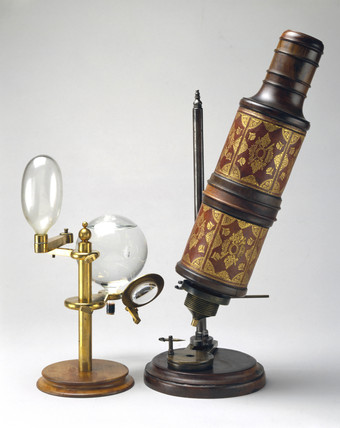From the Psalter:
He shall deliver you from the snare of the hunter
and from the deadly pestilence.
He shall cover you with his pinions,
and you shall find refuge under his wings;
his faithfulness shall be a shield and buckler.
You shall not be afraid of any terror by night,
nor of the arrow that flies by day;
Of the plague that stalks in the darkness,
nor of the sickness that lays waste at mid-day.
(From the Daily Office Lectionary – Psalm 91:3-6 (BCP Version) – March 28, 2014.)
 The past couple of weeks my wife and I have suffered the slings and arrows of some sort of intestinal virus, or so we think. She had it first, seemed to get better, suffered a relapse. I didn’t seem to “catch” it from her, but a few days after her last bout I suffered an attack of what I thought was “food poisoning.” Three days later I’m not so sure.
The past couple of weeks my wife and I have suffered the slings and arrows of some sort of intestinal virus, or so we think. She had it first, seemed to get better, suffered a relapse. I didn’t seem to “catch” it from her, but a few days after her last bout I suffered an attack of what I thought was “food poisoning.” Three days later I’m not so sure.
In any event, it’s the sort of thing we’ve all suffered through and can hardly be described as “the deadly pestilence” or “the plague that stalks in the darkness” or “the sickness that lays waste at mid-day.” Still, reading this psalm today I have some small appreciation for the terror with which populations in pre-scientific societies must have viewed disease.
Today, of course, we have antivirals, antibiotics, and other medications to assist in treatment of these ills. We have indoor plumbing and sewage systems to remove the stuff our bodies produce when fighting them off. We know what causes these complaints and what the body needs in the way of fluids, rest, and other care to be best able to combat the infections.
We have all of that because modern science and modern medicine have done the hard work of scientific research, experimentation, and discovery. How did that get started? By religious people . . . by people of faith seeking to understand the Creation with which God had entrusted them.
For example, the 13th Century Franciscan, Roger Bacon was instrumental in formulating the process of research now generally called “the scientific method.” Further, he defended the need to utilize the philosophical and scientific writings of the ancient Greeks in Christian theology. It was his position that what was then called “natural philosophy” provided an essential complement to theology.
Another is Robert Hooke, the 17th Century Anglican who first saw cells in living matter and, in fact, coined the term “cells” (drawn from analogy to monastic cubicles). Hooke was the son and brother of Anglican clergymen and was the student of Dr. Richard Busby who had championed the church’s role in scientific investigations. In addition to his scientific achievements, Hooke was a devout church member who sang in choirs and designed church buildings.
Joseph Lister, the Scottish physician who pioneered modern surgery, did research into sepsis and infection, and developed modern antiseptic techniques. His name lives on in the antimicrobial mouthwash Listerine. He was raised a Quaker and later in life became an active member of the Scottish Episcopal Church. Lister has been quoted as saying, “I am a believer in the fundamental doctrines of Christianity.”
My point in rattling off this list of religiously-inclined scientists whose work laid the foundation for our modern understanding of disease and illness (and there are many, many others) is two-fold. First, there is (or, at least, there should be) no conflict between science and religion, despite what the hard-line proponents on either side of that divide may think or say. Second (and most pertinent to my Daily Office reading and experience today), it is through the work of these pioneers that we are no longer at the mercy of “the plague that stalks in the darkness” or “the sickness that lays waste at mid-day.” It is through the work of generations of scientists (believers and non-believers alike) that God has delivered us from “the deadly pestilence.”
So today, I sip my Gatorade and take my medications thankful to God for that deliverance.
====================
A request to my readers: I’m trying to build the readership of this blog and I’d very much appreciate your help in doing so. If you find something here that is of value, please share it with others. If you are on Facebook, “like” the posts on your page so others can see them. If you are following me on Twitter, please “retweet” the notices of these meditations. If you have a blog of your own, please include mine in your links (a favor I will gladly reciprocate). Many thanks!
====================
Father Funston is the rector of St. Paul’s Episcopal Church, Medina, Ohio.



Leave a Reply